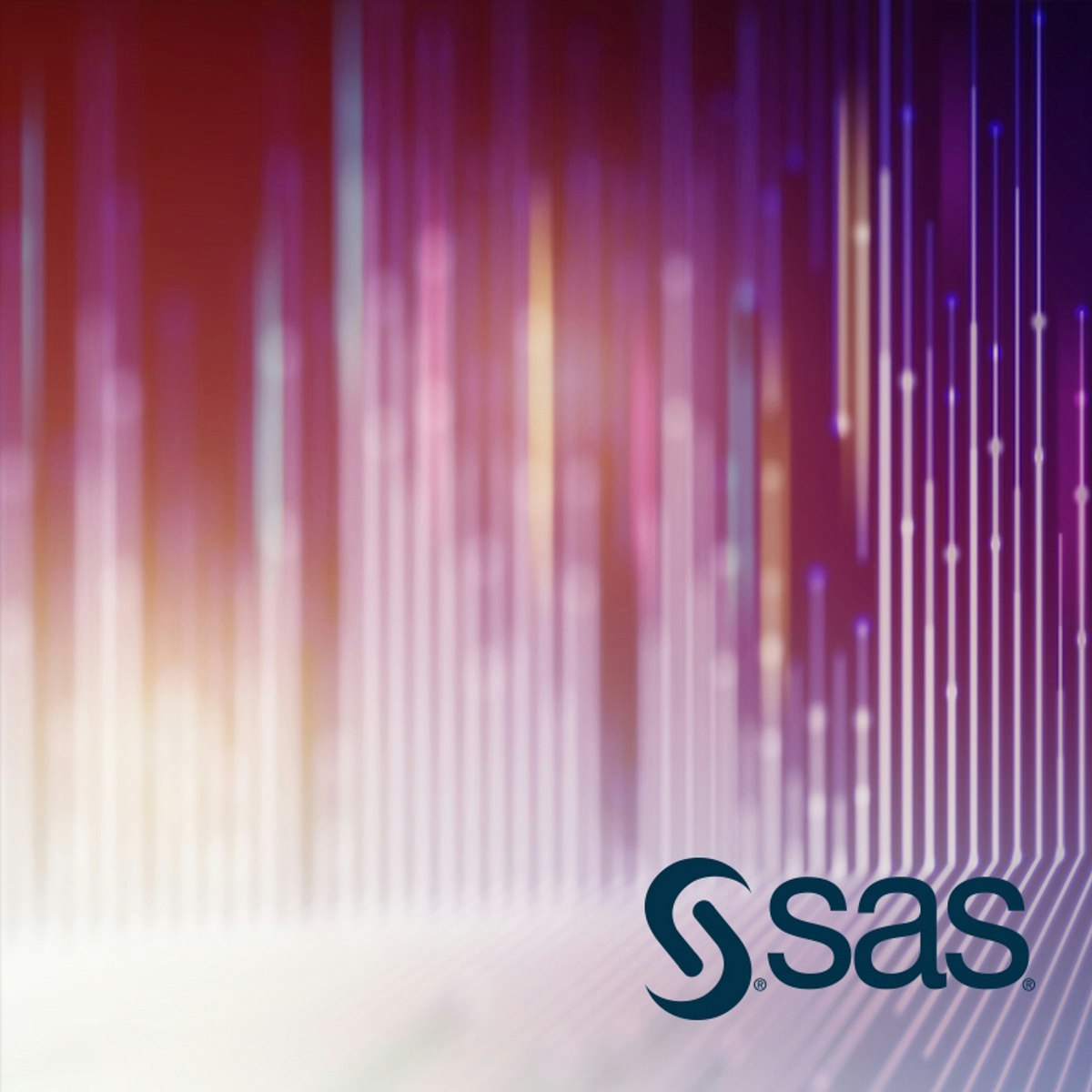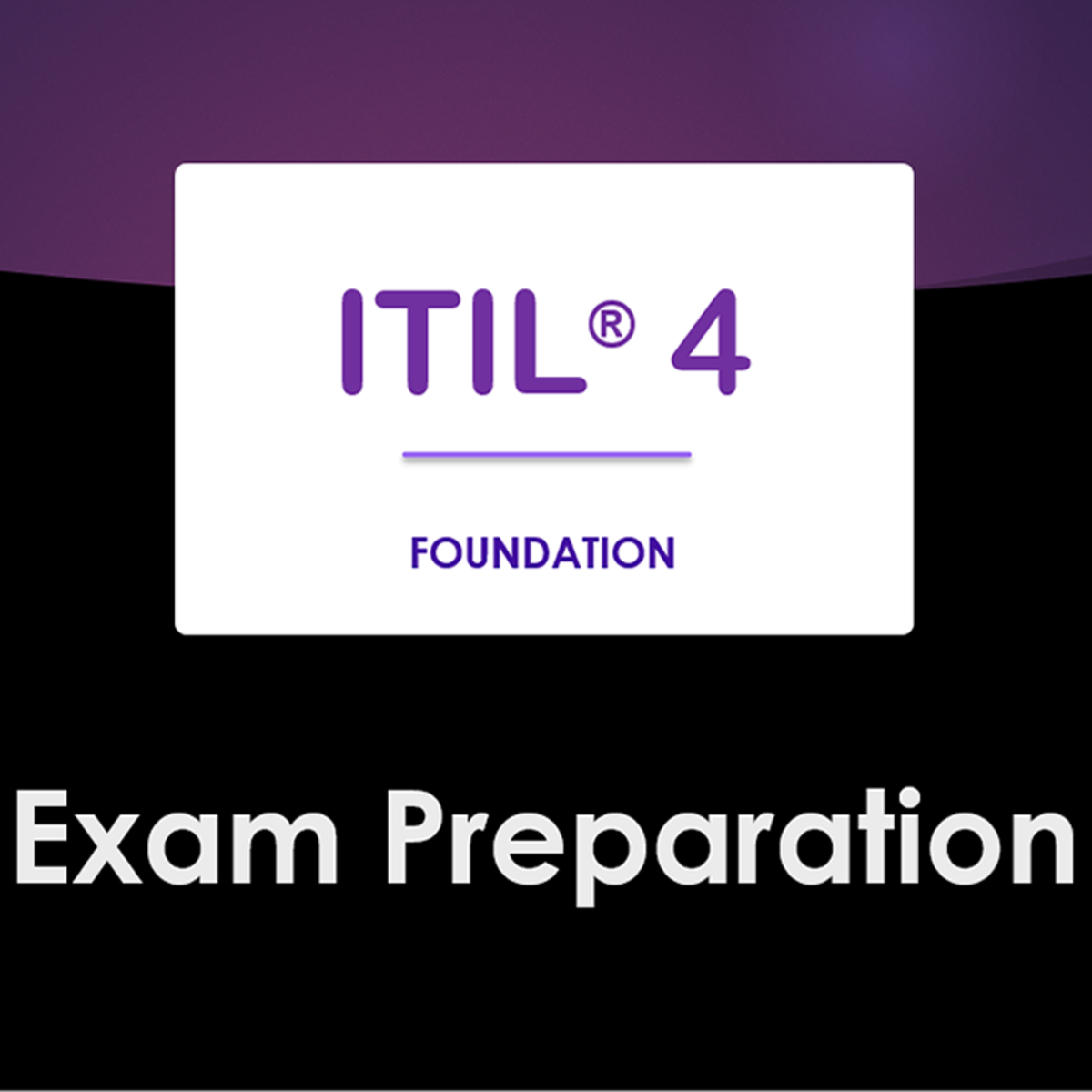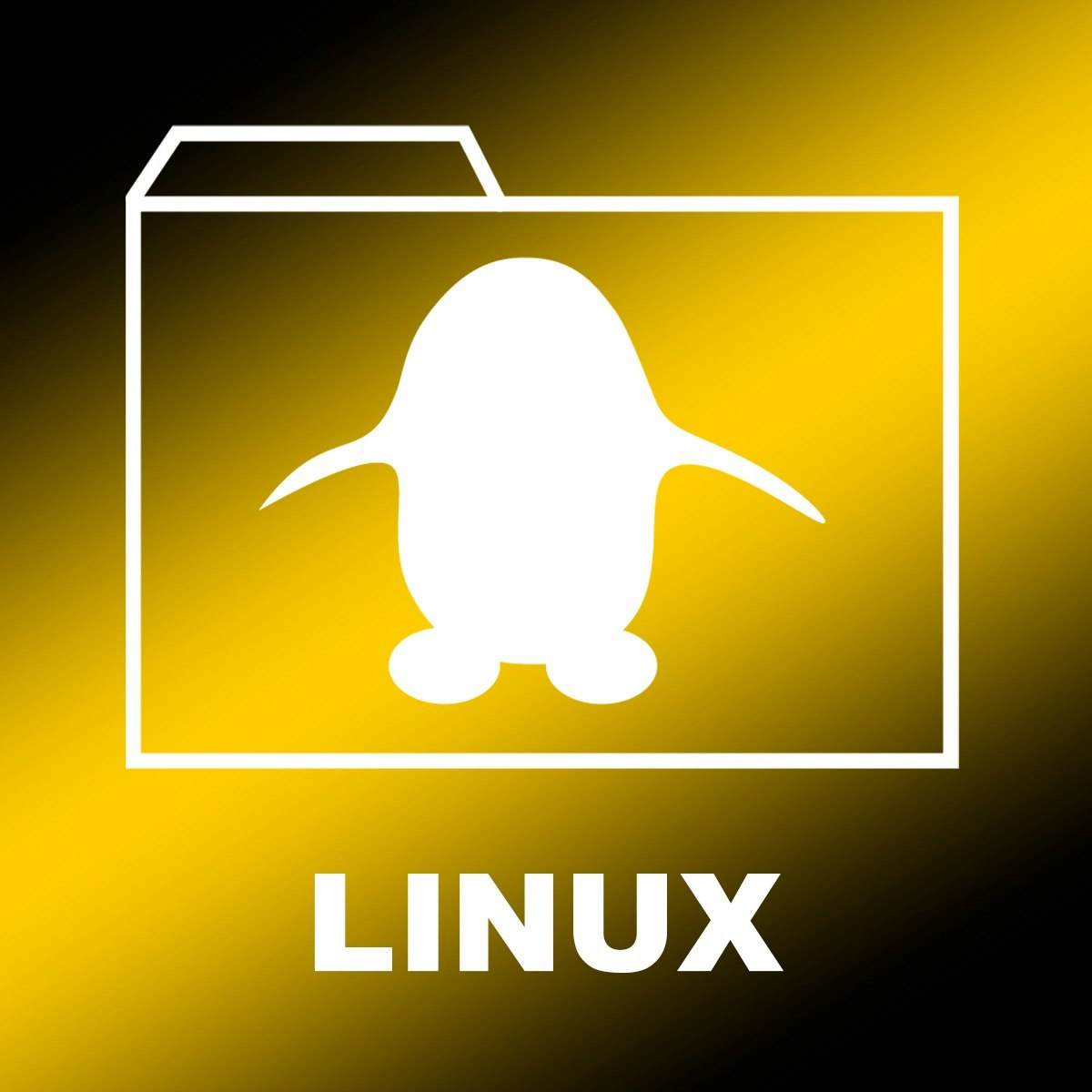Back to Courses









Information Technology Courses - Page 53
Showing results 521-530 of 1471

Getting Started with Data Analytics on AWS
Learn how to go from raw data to meaningful insights using AWS with this one-week course. Throughout the course, you’ll learn about the fundamentals of Data Analytics from AWS experts.
Start off with an overview of different types of data analytics techniques - descriptive, diagnostic, predictive, and prescriptive before diving deeper into the descriptive data analytics. Then, apply your knowledge with a guided project that makes use of a simple, but powerful dataset available by default in every AWS account: the logs from AWS CloudTrail. The CloudTrail service enables governance, compliance, operational auditing, and risk auditing of your AWS account. Through the project you’ll also get an introduction to Amazon Athena and Amazon QuickSight. And, you’ll learn how to build a basic security dashboard as a simple but practical method of applying your newfound data analytics knowledge.

Stream Processing with Cloud Pub/Sub and Dataflow: Qwik Start
This is a self-paced lab that takes place in the Google Cloud console. This quickstart shows you how to use Dataflow to read messages published to a Pub/Sub topic, window (or group) the messages by timestamp, and Write the messages to Cloud Storage.

Deploying Apps on a Kubernetes Cluster using Minikube
In this 1-hour long project-based course on deploying apps on a Kubernetes cluster using Minikube, you will learn to install all the prerequisites required to set up a kubernetes Environment and become familiar with the variety of Kubernetes installation tasks done during setup. You will also learn to create your very first kubernetes cluster and will enable various Minikube addons and have an explore your cluster using Minikube dashboard. At the end of the course you will to deploy a simple web app into the Minikube cluster, created in the previous tasks. In this task you will get a little taste of docker as well.
Note: This course works best for learners who are based in the North America region. We’re currently working on providing the same experience in other regions.

Preparing for the SAS® Viya® Programming Certification Exam
Welcome to the Preparing for the SAS Viya Programming Certification Exam course. This is the third and final course in the Coursera SAS Programmer specialization. You will apply what you have learned in the first two courses by writing code to execute in SAS Cloud Analytic Services and practicing for the SAS certification exams.
This is an advanced course, intended for learners who have completed the first two courses in the Coursera SAS Programmer specialization: SAS Programming for Distributed Computing in SAS Viya and CASL Programming for Distributed Computing in SAS Viya.
By the end of the course, you be prepared to take either of these SAS credential exams:
- SAS® Viya® Programming Associate
- SAS® Viya® Programming Specialist

ITIL 4 Exam Preparation
ITIL® 4 Foundation Test Preparation is designed to introduce learners to the key concepts, terminology, and best practices for creating, and improving the quality of IT services across the IT organization. This class is focused on exam preparation. Through a series of self-paced learning, practice quizzes and exams, students become acquainted with ITIL terminology, and how it applies to the Service Value Lifecycle.
This course requires 5 weeks at about 2-4 hours/week to complete.
Aruba ClearPass Cloud Integration
In this course, you will learn about Aruba ClearPass deployment and integration with key cloud products. Aruba ClearPass is an industry leading security solution that provides comprehensive visibility, control, and automated network enforcement to enterprise IT. In Part 1 you will get an understanding of ClearPass deployment in Microsoft Azure and integration with Azure AD and Intune. In Part 2 we will discuss and demonstrate ClearPass integration with Google cloud identity and MDM. This course requires an understanding of network security and cloud providers, we recommend the Aruba Networking Security Basics and Aruba Cloud Basics courses for a refresher.

Advanced iOS Development
Develop a working knowledge of different approaches to designing and building data-rich, interactive applications for the iOS platform.
By the end of this course, you’ll be able to:
-Compare methodologies for organizing and architecting Swift applications and their implications on code quality
-Identify and follow the lifecycle events from source of generation to methods of response
-Review and apply different types of SwiftUI interactivity from user input handling to gestures
You’ll gain experience with the following tools and software:
-Mobile app development tools and software
-MVC and MVVM
-SwiftUI app development features

Getting Started with Version Control in RStudio
Welcome to this project-based course Getting Started with Version Control in RStudio. In this 2 hour-long project, you will learn how to perform version control in RStudio.
By the end of this 2-hour long project, you will understand how to create R projects, link new R projects with Git and GitHub, link existing R projects with Git and GitHub from the R interface. You will also learn about R markdowns, their use and how to create them.
This course aims at learners looking to get started using the R programming language for version control. There are no hard prerequisites, and any competent computer user or anyone with a basic hang of R should complete the project successfully.

Running Windows Containers on Compute Engine
This is a self-paced lab that takes place in the Google Cloud console.
In this lab you will learn how to create a virtual machine with Microsoft SQL Server installed. You’ll also create a Windows user and password and learn how to connect to the Windows Server via remote desktop.

Build File Utilities with Linux Shell Script
In this 1.5 hour guided project, you will learn about the Linux file system. How to manipulate files in Linux as well as using shell script to build useful utilities. At the end of this project, you will have built 3 useful file utility shell scripts (5 if you participate in the optional practice and cumulative challenge).
Popular Internships and Jobs by Categories
Browse
© 2024 BoostGrad | All rights reserved


